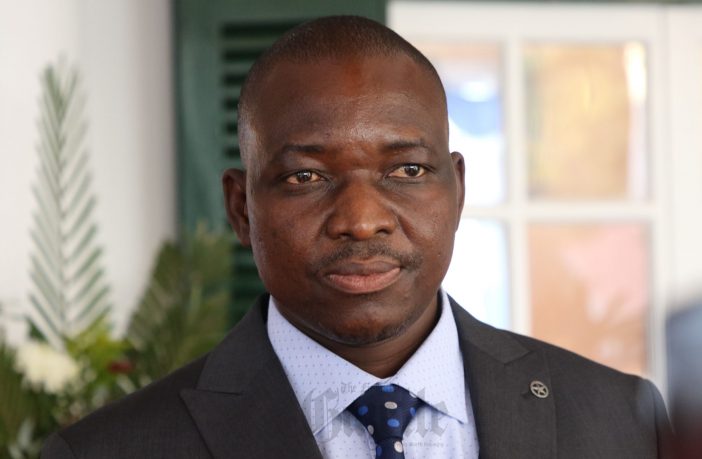- In a Q&A session at Zimbabwe’s National Assembly yesterday, Zimbabwe’s Energy and Power Development Minister, Mr Zhemu Soda announce that he is negotiating with Mozambique and Zambia to import 280MW of electricity to ease the shortages in the country.
- Zimbabwe recently announced the implementation of 12 hour daily power cuts. Read more
- The country is experiencing limited generation at its thermal plant and repairs on the dam at Kariba Hydro Power Station has affected optimal generation capacity.
400MW of a total of 920MW can currently be generated at Hwange coal fired power station. Kariba hydro plant is producing 900MW from an installed capacity of 1 050MW. But two turbines have to be shut down daily for 12 hours to reduce the outflow downstream of the dam wall while rehabilitation work continues on the plunge pool and the outflow channels from the power station.
A collection of small hydro plants run by independent power producers (IPP’s) also contribute to power generation in Zimbabwe. Currency shortages has left IPP with USD 8 million in outstanding debt from off offtaker ZETDC. ZETDC wants to pay the IPP in Zimbabwe dollars instead of US dollars as agreed. Read more
Said Minister Soda: “We are currently in negotiations with Mozambique for an additional 180MW and also a further 100MW from Zambia.”
Zimbabwe already imports from Mozambique and South Africa, but now seeks more from Mozambique as well as tapping into Zambia’s surplus.
Related news: Zimbabwe settles USD 33 million debt for electricity with South Africa
Minister Soda said the opening up of the economy following periods of extended lockdown had led to a surge in demand for power, resulting in load shedding being experienced.
Author: Bryan Groenendaal















